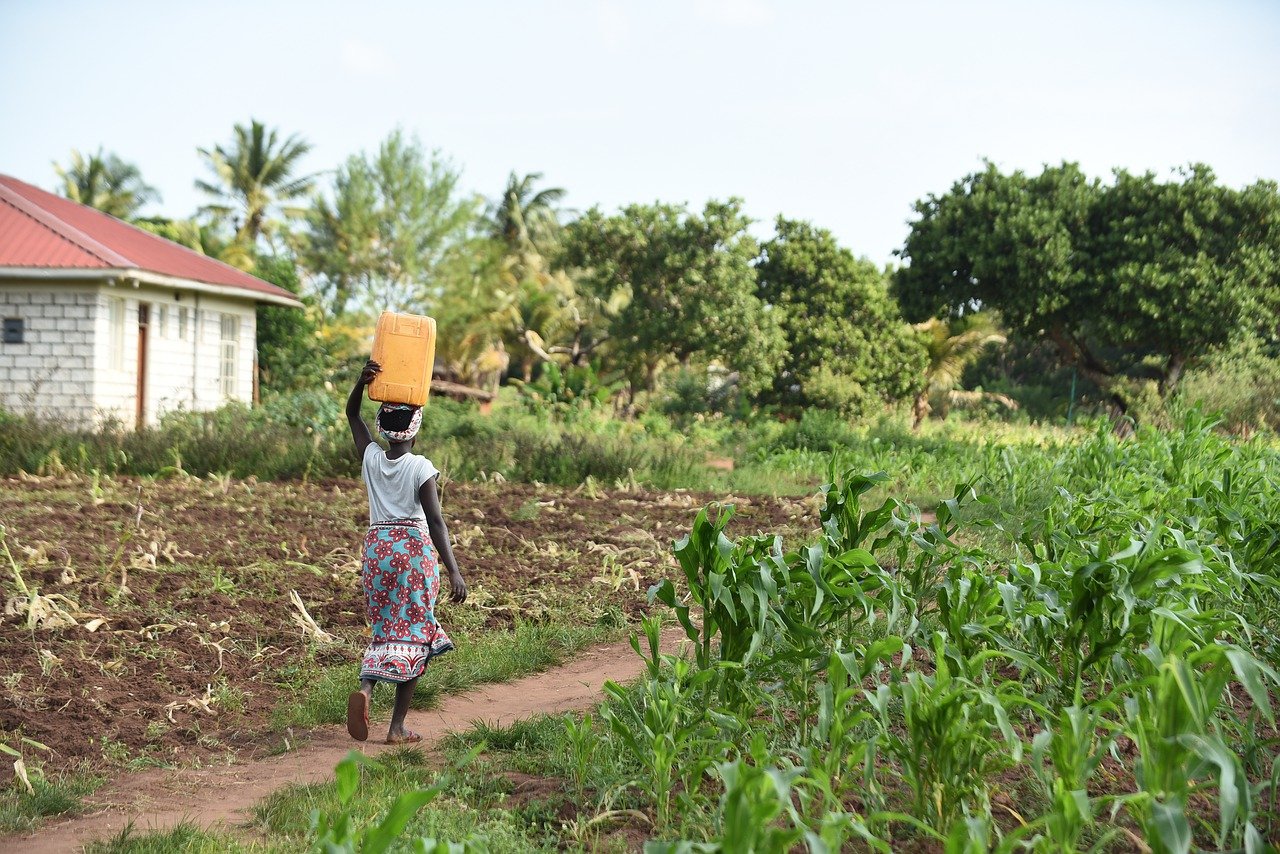
ARC31: Putting Gender & Climate on the Regional Agenda
In late October, the government of Zimbabwe hosted the 31st Food & Agriculture Organization (FAO) Regional Conference for Africa (ARC31) via Zoom. Every two years, a conference is convened to set regional priorities, identify individual countries’ contributions to solving regional issues, and determine where external aid is needed for food and agricultural development.
ARC31 focused on COVID-19 and climate change and the extent to which they contribute to human insecurity and conflict in Africa. Two of the conference’s reports, specifically COVID-19 and Its Impact on Agri-food Systems, Food Security and Nutrition (ARC/20/3) and Building Resilient Food and Agriculture Systems in the Context of Climate Change, Conflicts and Economic Downturns (ARC/20/4), demonstrate that climate change, food insecurity, and gender inequality are hindering Africa’s development. As Washington looks to bolster existing relationships and increase its involvement in the region, it should consider these components as essential to building African stability and American national security.
Climate Change & Food Insecurity
ARC/20/4 estimated that climate variability and extreme weather in Africa have caused an average of $670 million annually in damage, over the last 10 years. Climate variability and extreme weather events put pressure on natural resources (such as land, water, and soil) and elevate the risk of food insecurity. In 2019, the FAO Regional Office for Africa identified 26 million people that needed urgent food assistance due to climate-induced shocks. In parts of Africa where rain-fed agriculture is dominant, ARC/20/4 estimated that the agriculture sector absorbs 80% of the total economic damage from droughts, leaving local populations hungry and/or unemployed.
The El Niño weather event of 2015-2016 resulted in Southern Africa’s driest agricultural season in 35 years. Southern Africa saw widespread crop failure, and therefore suffered from higher-than-average food prices. ARC/20/4 indicated that El Niño cut aggregate cereal production by 21% and the production of coarse grains, such as maize, by 32% in 2015, threatening two major food sources of Southern Africa. These climate-induced crises demanded emergency government resources and humanitarian assistance that could otherwise be spent on long-term development projects.
When climate variability and extreme weather threaten access to natural resources and disrupt agricultural cycles, local and national governments face increased pressure to provide for their populations. If governments fail to direct food and water to those in need, food insecurity can amplify existing socioeconomic tensions and lead to civil unrest, which could threaten US national security and require military intervention.
Disproportionate Impact on Women
ARC/20/3 recognized that variable weather, extreme climate events, and resulting instability, disproportionately harm rural women. When climate-related events devastate agricultural infrastructure and block access to water and energy, women whose primary responsibilities are to secure water, food, and wood for their families face a heavier workload.
In particular, water and food scarcity puts women in danger. When water is scarce, women have to travel longer distances to collect it, thereby increasing the chances of falling victim to physical and sexual violence. Alternatively, women may opt to consume more accessible, but unsafe water, putting their families at risk of contracting water-borne diseases. When food prices spike due to poor agricultural seasons, women are more likely to prioritize the nutrition of their families over their own. If and when conflict arises as a result of these conditions, men are more likely to leave home to fight, leaving women to feed, nourish, and provide healthcare for their families. Moreover, women and children have suffered the majority of casualties in modern wars–their noncombatant status is not sufficient protection.
ARC/20/3 also explored the disproportionate suffering of rural women laborers amid climate-induced crises. Rural women largely participate in informal labor, which means they are excluded from social programs and have difficulty accessing affordable healthcare. Additionally, rural women are often the first to lose their jobs if climate shocks result in crop failures and/or economic crises, compromising their families’ financial resources. To remedy these issues, ARC/20/3 called for regional and national policy interventions to address the unique ways in which women are involved in household food security, farming, processing, trading, and business development. For example, ARC/20/3 recommended that policy interventions integrate the work and perspectives of women and the non-governmental organizations that women run.
ARC31 & US National Security Strategy
In order to promote peace and strengthen US ties with Africa, Washington should consider ARC31’s recommendations to prioritize climate change, food insecurity, and the status of women as essential components of development and building national security. President Trump withheld $2 billion of the $3 billion President Obama pledged to the Green Climate Fund, undermining the ability of African governments to strengthen their resilience in facing climate-induced disaster. President-elect Biden should utilize diplomacy and climate policies as a way to bolster economic development and national security in Africa.
Additionally, investments in African development, particularly gender-sensitive and gender-targeted ones, have the potential to strengthen climate and food security. Women are better equipped to invest in their communities, spark economic growth, strengthen food security, and prevent conflict when their agricultural and entrepreneurial contributions are valued. Peaceful, financially thriving African nations are more likely to be strong allies to US armed forces and contribute troops to international peacekeeping missions.
ASP’s work largely aligns with ARC31’s recommendations. This October, ASP hosted a webinar on the topic of the US-Africa relationship. Speakers emphasized the importance of consistent diplomatic relations between American and African leaders, as well as the development potential of empowering women through education and economic opportunity. Also, ASP has written about instances in which climate-induced weather events and resulting instability have disproportionately impacted women in other regions, such as Southeast Asia.





